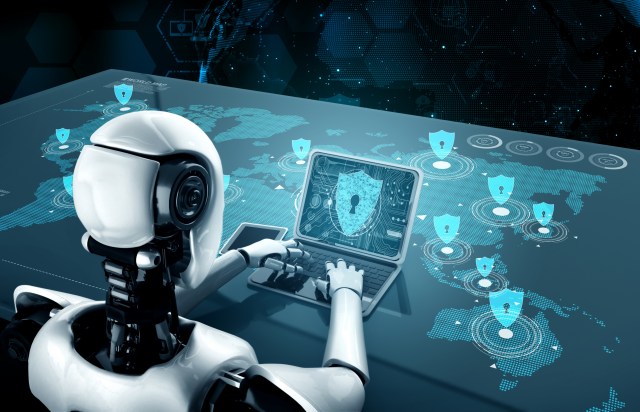
The Psychology of Cybercriminals: Understanding the Motivations Behind Attacks
Cybercriminals, much like any other group, are driven by a set of psychological factors and motivations that influence their actions. Did you know that it is not just about financial gain?
Financial Gain
One of the most common motivations for cybercriminals is financial gain. Hacking into systems to steal credit card information, personal data, or intellectual property can be highly lucrative. This financial incentive can drive individuals to engage in cybercrime, often outweighing the risks of being caught.
Ideological Beliefs
Some cybercriminals are motivated by ideology. These individuals, often referred to as hacktivists, commit cybercrimes to promote political agendas, social change, or to protest against organizations or governments. Their actions are driven by a desire to influence public opinion or bring attention to specific causes.
Intellectual Challenge and Recognition
For some cybercriminals, the intellectual challenge of bypassing security systems provides a sense of accomplishment and personal satisfaction. These individuals may seek recognition within the hacker community, valuing the status and reputation gained from successfully executing sophisticated attacks.
Revenge and Personal Vendettas
Cybercriminals may also be driven by personal vendettas or a desire for revenge. Disgruntled employees, former partners, or individuals with personal grievances might turn to cybercrime as a means to inflict harm on those they perceive as having wronged them.
The Role of Anonymity
The perceived anonymity of the internet plays a significant role in emboldening cybercriminals. Many believe that their actions cannot be traced back to them, reducing the fear of consequences and making it easier to justify illegal activities.
Conclusion
Understanding the psychology behind cybercriminals’ motivations is essential for developing robust defenses and prevention strategies. At its most basic formula to succeed, cybercriminals need us to do something – click a link, give our credentials and the rest is up to them. To break the cycle, let’s remain vigilant against attacks. Let’s be SMARTER than a cybercriminal.




